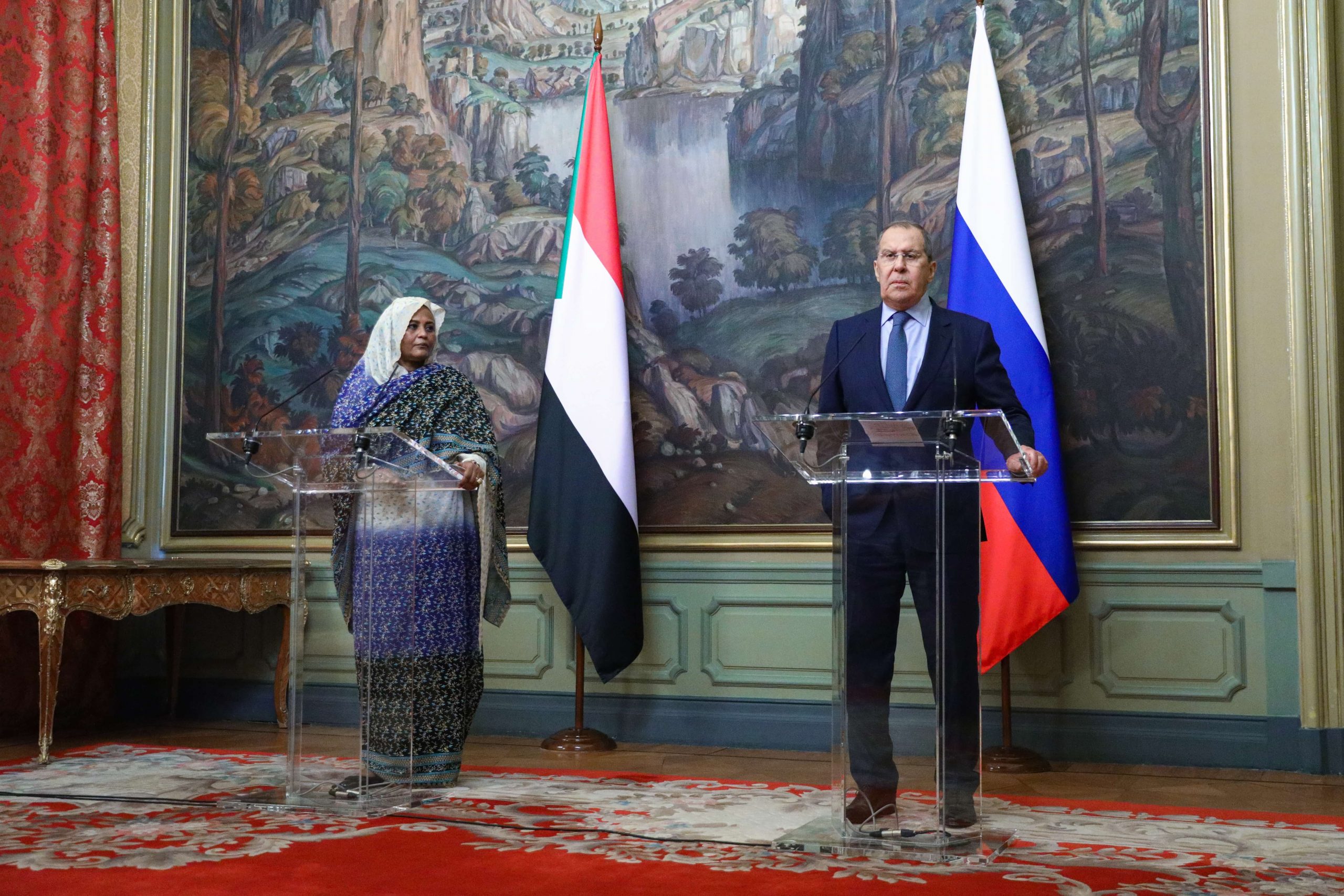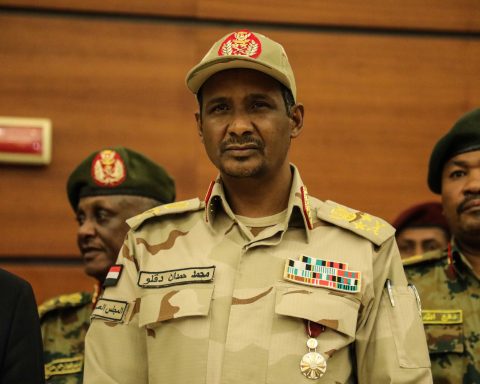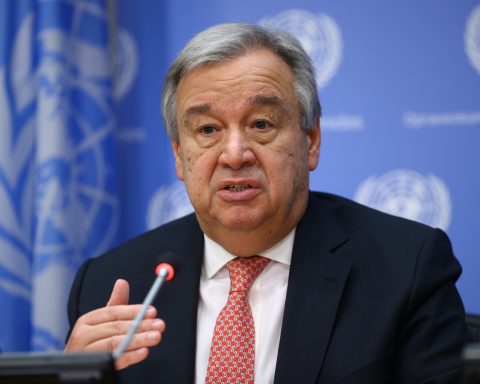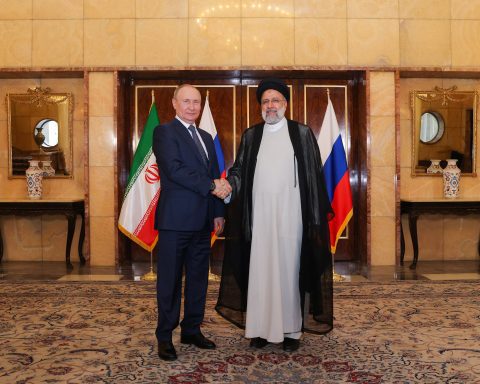Sudanese Foreign Minister Mariam al-Mahdi paid a 3-day official visit to Russia on Monday, July 12. At the press conference held by the ministers of both Russia and Sudan, after the meeting in which bilateral relations and regional issues were discussed, statements were made about the military base that Russia will establish on the Red Sea coast and Sudan’s rights in the Great Ethiopian Renaissance Dam (GERD) dispute.
Al-Mahdi made a statement regarding the agreement between Sudan’s ousted leader Omar al-Bashir and Russian President Vladimir Putin in 2017 to establish Russia’s military naval base near the city of Port Sudan. In her statement, al-Mahdi stressed that they would consider the Russian military base agreement.
Although the Sudanese transitional government has not made a statement regarding this agreement, Russia had stated that it had signed a 25-year agreement with Sudan to build “a logistical support point” for the Russian Navy in Sudan. Last month, the Chief of Staff of the Sudanese Armed Forces, Mohamed Othman Al-Hussein, had noted in a statement that the Khartoum government was reviewing the agreement on the planned Russian base on the Red Sea coast and that this agreement contained provisions that harm Sudan’s interests.
In addition, international agreements must be approved by the legislatures of the countries. In this context, Al-Hussein stated that the previous government term regarding the military base agreement between Sudan and Russia in the Red Sea was not authorized by the Legislative Council and that this agreement should be approved by the Legislative Council, which is planned to be established soon. In her meeting with Lavrov, Al-Mahdi emphasized that the transitional government is responsible for a new legislative mechanism, and that the legislature will examine the agreement with Russia.
The military base to be established near the city of Port Sudan in the Red Sea will be able to accommodate four nuclear ships. It is also stated that 300 military and civilian personnel will be assigned to the base. Because Sudan is on the list of countries sanctioned by the US, relations between Russia and Sudan have been very close politically, economically, and militarily over the past years. However, after the Sudanese transition government recognized Israel last year, the US administration removed Sudan from the list of “sponsors of terrorism” and lifted the sanctions it imposed on the country.
Another prominent topic in the statements made by the Ministers of Foreign Affairs of Sudan and Russia after the meeting was the GERD dispute with Ethiopia on the Blue Nile. In this context, Al-Mahdi stated that she welcomes Russia’s call for a solution through an agreement accepted by all three countries in the Nile Basin against Ethiopia’s unilateral stance on the filling and operation of the dam.
The United Nations Security Council (UNSC) held a special session on GERD last week at the call of Egypt and Sudan. Although the UNSC did not adopt a resolution to set a precedent, Vasily Nebenzya, Russia’s UN Ambassador, acknowledged that this dam is of vital importance for Ethiopia. However, he pointed out that Ethiopia should also stay away from unilateral measures. In addition, Nebenzya emphasized that Russia sees the concerns of Egypt and Sudan as legitimate.
Also at the press conference, Russian Foreign Minister Lavrov stated that the UNSC is working to lift the sanctions imposed in 2005 due to the events in Darfur. On the other hand, the Sudanese Foreign Minister drew attention to the close relations between the two countries and praised Russia’s stance at the UNSC.
Finally, one of the topics discussed in the meeting between the two ministers was the Russia-Africa summit. Sudanese Foreign Minister Mahdi pointed out that Sudan is a crossroads between different parts of the African continent and suggested that they can host the next Russia-Africa summit.
Relations between Russia and Sudan have been very close politically, economically and militarily, due to the fact that Sudan was included in the list of states sponsoring terrorism from 1993 to 2020, to which the US imposed political and economic sanctions. Thus, relations between the two countries will continue to be a matter needing close attention, especially with regards to the growth of Moscow’s military reach in competition with regional powers such as the US and China.














